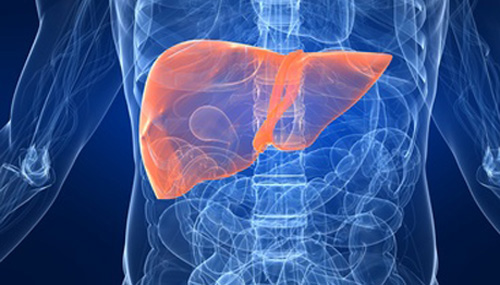Boehringer Ingelheim said today it has acquired exclusive global rights to Enleofen Bio’s preclinical interleukin-11 (IL-11) platform to develop new therapies for non-alcoholic steatohepatitis (NASH), interstitial lung diseases (ILDs), and multiple other fibrotic human disorders, in a deal that could generate for the Singapore developer of antibody therapeutics more than $1 billion per product developed.
Founded in 2017, Enleofen spun out from the National Heart Centre Singapore (NHCS) at SingHealth and Duke-NUS Medical School, with an exclusive license to a suite of patents and antibody products from the SingHealth Duke-NUS Academic Medical Centre (AMC).
Since then, Enleofen has developed its anti-IL-11 antibody platform and advanced its drug development programs, which have yet to reach the clinic. The company’s first clinical development lead, announced in January 2019, is Enx108A, a first-in-class anti-fibrotic, anti-inflammatory human antibody that targets IL-11. In preclinical studies across disease models, antibody-based IL-11 antagonists were able to prevent and reverse inflammation and fibrosis, and restore organ function.
Enleofen and Boehringer Ingelheim said they aim to apply IL-11’s ability to inhibit disease across organs that include the liver, lung, kidney, retina, bowel, heart, and skin.
Through their new collaboration, Boehringer Ingelheim agreed to advance Enleofen’s platform into clinical development by working with AMC researchers, with an initial focus on novel therapies for patients with NASH and ILDs—two core disease focus areas for Boehringer Ingelheim. The companies said they could expand their partnership into additional fibro-inflammatory conditions based on IL-11’s central role in disease.
“The impressive preclinical studies at Enleofen have revealed the potential of IL-11 blockade to treat a broad range of diseases,” Clive R. Wood, PhD, Corporate SVP and Global Head of Discovery Research at Boehringer Ingelheim, said in a statement. “We are excited to have these monoclonal antibodies in our pipeline and have the opportunity to accelerate their path to many patients whose needs are not met by current treatments.”
“Could Be a Game Changer”
Boehringer Ingelheim will be solely responsible for the clinical, regulatory and commercial development of the therapies licensed from Enleofen. In return, Boehringer Ingelheim agreed to pay ENleofen upfront and milestone payments exceeding $1 billion per product developed.
“Enleofen is very excited to engage Boehringer Ingelheim, a leader in anti-fibrotic therapy R&D to develop further anti-IL-11 therapies to begin to address the unmet medical needs of patients worldwide,” said Prof Stuart Cook, Director and co-founder of Enleofen. “The preclinical data across a range of conditions are unprecedented and this new approach of targeting IL-11 could be a game changer.”
For Boehringer Ingelheim, the licensing deal expands a pipeline that includes treatment approaches shown to be effective across multiple fibrotic diseases with disease-specific approaches. That pipeline has generated Ofev® (nintedanib), which in September 2019 won FDA approval for an additional indication as the first and only medicine to slow the rate of decline in pulmonary function in patients with systemic sclerosis associated interstitial lung disease (SSc-ILD).
Ofev won initial U.S. authorization in 2014 as a treatment for idiopathic pulmonary fibrosis (IPF), and according to Boehringer Ingelheim has been shown to slow IPF progression by reducing the annual rate of decline in lung function, as measured by forced vital capacity (FVC).
In July 2019, Boehringer Ingelheim committed itself to shelling out close to $2 billion through a pair of collaborations with South Korean biopharmas focused on fibrotic disease. Boehringer Ingelheim agreed to pay Bridge Biotherapeutics up to €1.1 billion ($1.2 billion) to develop Bridge’s BBT-877 for IPF and other fibrosing interstitial lung diseases.
Earlier that month, Boehringer Ingelheim expanded its pipeline in NASH and related liver diseases through a potentially more than $870 million partnership with Yuhan to develop a first-in-class dual agonist, through a collaboration that could generate more than $870 million for Yuhan.


